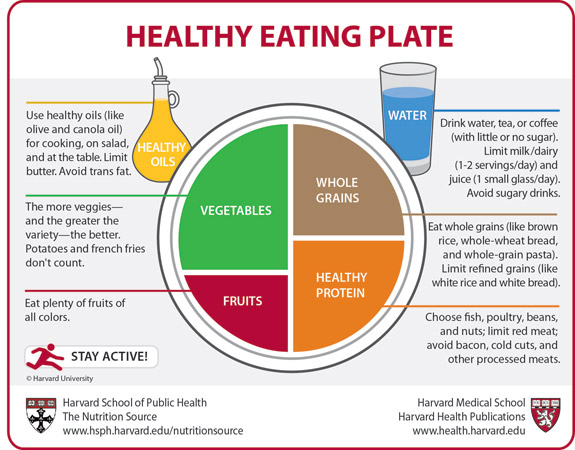Social Circle
Section outline
-

Welcome to Social Circle, a resource for Queen Mary's autistic students.
We will usually use the term autistic for an individual on the autism spectrum, though we recognise that some people prefer other terms to describe themselves, please specify your preference.
Here you can find some useful information about university life, get updates on important messages from the Disability and Dyslexia Service (DDS) and talk to other students in this group.
-
Support with my accommodation: Contact Residential Services. Click here for contact details.
Support for my physical health: See your GP. If you live on campus or in post codes beginning with E1, E2, E3 or E14 during term time, you should register with the Student Health Service. If you have not yet registered, click here for our Student Health information pages.
Support for my mental health: Visit the Advice and Counselling Services (ACS) page here. The page also explains how to make an appointment.
Support for my autistic differences, including applying for Examination Access Arrangements (EAA) e.g. additional time. See a Disability Adviser (Mental Health and Autism) from the Disability and Dyslexia Services (DDS). Contact dds@qmul.ac.uk.
Support relating to a Specific Learning Differences (SpLD), such as dyslexia or dyspraxia: Contact the Disability and Dyslexia Service on dds@qmul.ac.uk.
Support with my course such as missed lectures, coursework deadlines and/or exams, or on-going personal or health problems that will affect my study: See your Student Support Officer (SSO). You can find out who that is here.
Advice on module options, programme changes or my academic progress: See your Academic Advisor (also called a Personal Tutor in some schools). You can find out who your Academic Advisor is on your MySIS page. Or see the School's Student Support Officer (SSO).
Funding questions, budgeting, financial problems, debt and government benefits (including Disability Benefit): See a Welfare Advisor. Click here for information on making an appointment.
Advice on my legal rights, including international problems, housing rights and council tax: See a Welfare Advisor. Click here for information on making an appointment.
Advice on retakes, interrupting my studies, or withdrawing from QMUL: See your School's Student Support Officer (SSO). Click here for contact details.
Questions about your enrolment, your MySIS record, exam regulations, getting a replacement Student ID Card, and other questions you can't find here: Go to the Student Enquiry Centre (Ground Floor of iQ East Court); or email studentenquiry@qmul.ac.uk; or Online via MySIS: visit SEC Online.
Complaints and appeals: Email annie.mitchell@qmsu.org Annie is the Advocacy and Representation Manager, a QMSU staff member who is there to advise and help you if you should ever need to appeal a decision or make a complaint.
Social Opportunities: Visit the QMSU website, where you can find a calendar of events (including specific non-alcoholic events), find the list of societies which you can join, and find volunteering opportunities. Joining a society is an excellent way to meet new people with the same interests, as well as volunteering. Visit St Benet’s Chapel and join in with various workshops. http://www.faith.qmul.ac.uk/StBenets
Advice and workshops on finding a job or gaining work experience: Visit the QMUL Careers Service website to find advice or book an appointment. -
If you are on the Autism Spectrum then you are entitled to claim Disabled Students Allowance (DSA). This allowance is used to meet the cost of any assistive technology that you need, as well as to pay for helpers such as a mentor or study assistant. You do not have to repay DSA. Click here to find out more.
-
Extenuating Circumstances: a guide for students
-
You have taken a very big step in coming to university; you may have been in your previous school or college for a number of years, and you knew how everything worked there. This may be the first time you have lived away from home. And yes, university work is harder - you are having to learn all kinds of study skills that you haven't been asked to use before. Allow yourself time to adjust.
Every year, large numbers of students seek out university services because they feel like they aren't coping well with the transition, so you are not alone. Your first year only counts as 10% of your final degree, so give yourself the whole year to settle in, become familiar with university life, and work on your study skills. You are not doing nearly as badly as you think!
Remember you can always come and talk to a Disability Adviser, the Advice and Counselling Service, or your Student Support Officer if you are feeling very worried.
-
If things have all gone wrong, the ASD Advisor can help!
Sometimes things go wrong - perhaps you have been feeling overwhelmed, and have not been attending... now you are worried that you won't be able to catch up, or might even be deregistered. Perhaps it's something else.
Whatever it is, try to let us know there is a problem as soon as you can, or ask a family member to let us know. The sooner we know you're having problems, the more options you will have in finding a resolution. But even if you didn't tell anyone straightaway, call, email, or visit the DDS and we will find a way to help you regain control of the situation.
Contact us at dds@qmul.ac.uk, or on 0207 882 2756.
-
Having work experience on your CV is essential if you want to find paid work. If you have not worked before, you should seek volunteering opportunities which are advertised through the Students' Union.
Do not leave this until Year 3 when you will be very busy with your dissertation or final project!!
You should also makes an appointment with QMUL's Careers Service to get your CV checked, to practice interview techniques or to get advice about your future career. They also have information about work experience, volunteering, internships and jobs.
